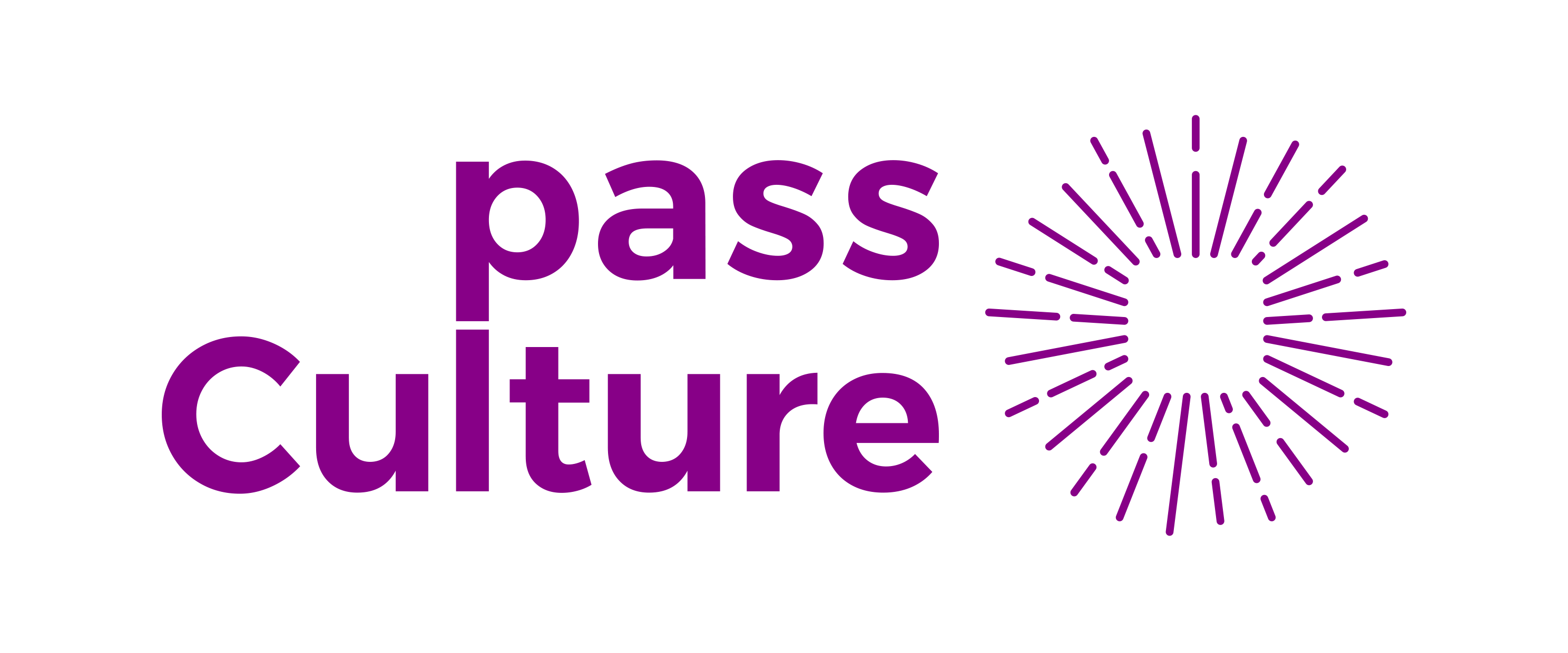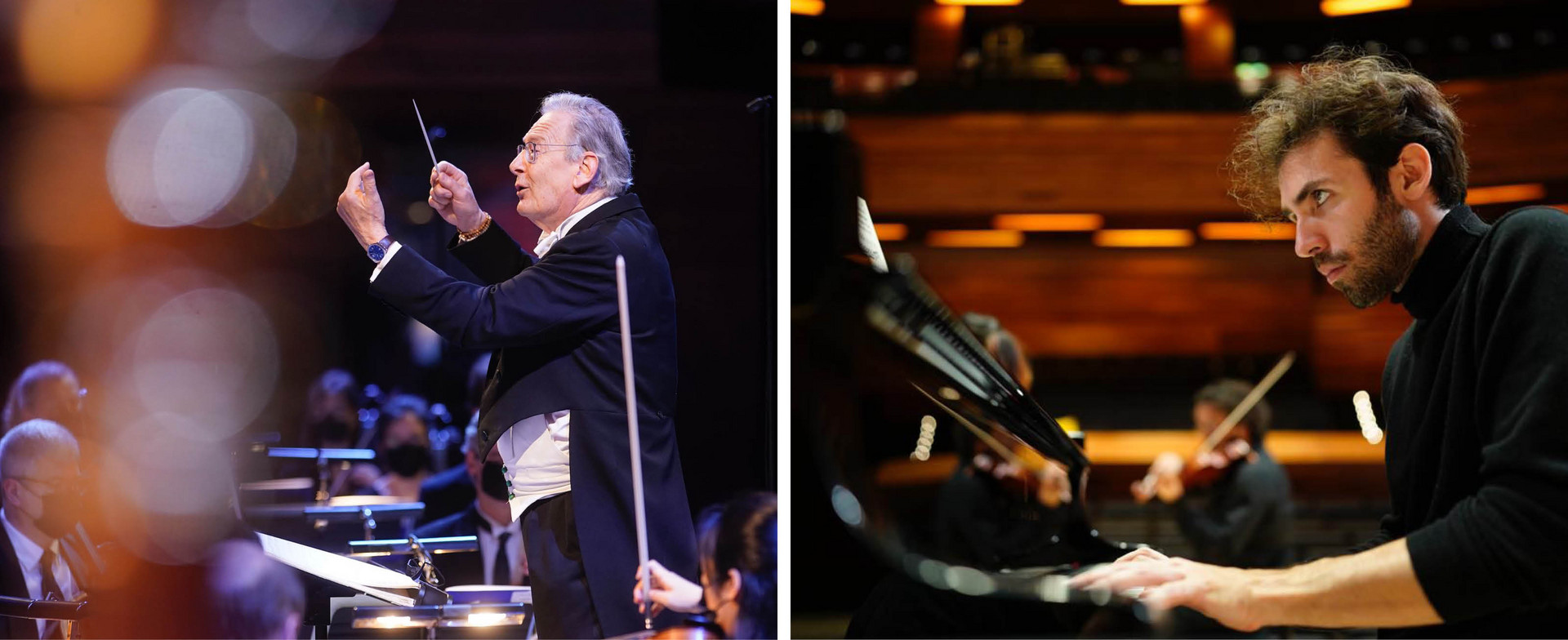Orchestre Philharmonique de Radio France
The mutual admiration between Brahms and Dvořák is here celebrated by exceptional performers, who span several generations. On the menu for the first of two evenings not to be missed: one of the most illustrious Concertos of the repertoire and one of the most profound pages from the Czech master.
Composed 22 years after the first one, the Concerto for piano n°2 by Brahms (1881) was an immense success when it premiered with the composer at the keyboard. Its legendary atmosphere is expressed in the noble call of the horns in the first movement, which unfolds with epic beauty. Fierce and stormy, the Scherzo precedes a more contemplative Andante, in which the cello, almost like a soloist, rivals with the piano. Then comes the playful Finale, with its Hungarian colours, whose raw energy grows into a monument of the piano repertoire. In comparison, Dvořák’s Symphony n°7 (1885) is certainly a more "Germanic" score, in which we hear the influence of Brahms and Wagner. Despite its grave and austere opening, the initial Allegro quickly liberates its impetuous drive, leading to an Adagio bathed in pious lyricism. While enigmatic Wagnerian reflections continue to colour it, the Scherzo offers a more robust and popular climate: Dvořák cannot long retain the return of national Czech inspiration, which we find in the Finale with its rhapsodic spirit and Gypsy accents.

Orchestre Philharmonique de Radio France
Musical director Mikko Franck
Direction Sir John Eliot Gardiner
Piano Alexandre Kantorow
Photo © Christophe Abramowitz
Johannes Brahms
Concerto for piano and orchestra n°2 in E flat major op. 83
Antonín Dvořák
Symphony n°7 in D minor op. 70
Vous aimerez aussi

Orchestre National de France
Cristian Măcelaru, Julia Fischer

Orchestre Philharmonique de Radio France
Concert #2

Chamber Orchestra of Europe
Antonio Pappano, Bertrand Chamayou

